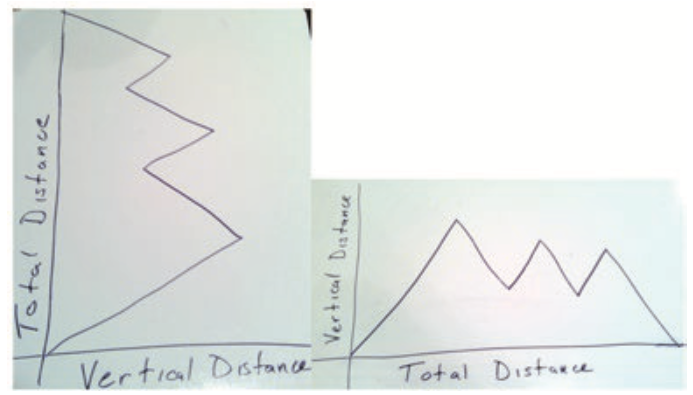testosterone and learning
- Kevin C. Moore
- Mar 2, 2023
- 3 min read
Updated: Jan 12, 2024

During a recent listen to the Huberman Lab Podcast (Ep. 35), I was struck by Dr. Robert Sapolsky's discussion of testosterone and behavioral response. Counter to common narrative, Dr. Sapolosky identified that testosterone does not cause aggressive behavior per se. Rather, testosterone, and particularly increased amounts of it, can amplify specific behavioral responses based on social settings. An example giving during the conversation is the case in which five individuals are in a hierarchy (call them One, Two, Three, Four, and Five, with Five being the most dominant individual). In such a case increased testosterone may merely amplify already established behaviors, and particularly toward those lower in the hierarchy (e.g., Three toward One and Two). As another example, within an altruistic setting like an charitable auction, increased testosterone may reduce aggressive behavior, instead amplifying altruistic attempts (with the note that there is a psychology of competition factor potentially playing a role). In either case, I interpret Dr. Sapolsky to argue it is a misnomer to generalize testosterone as a cause of aggressive behavior. Instead, testosterone is a potential amplifier of behavior situated within a social setting. Dr. Sapolsky used "social learning" to refer to such a phenomenon.
His use of social learning struck me. He may have been appealing to formal social learning theories, or he may have been using the term colloquially. Regardless, I could not help but think of a common critique of the learning theory informing my own work: Radical Constructivism (RC, which I operationalize using neo-Piagetian constructs) does not account for the social.
To be fair, this critique is part true. RC does not account for the social in that it does not position knowledge (or knowing) as a social property, a cultural artifact, or a shared object. To also be fair, this critique is inappropriately framed. RC does not reject the influence of social factors on knowing. In fact, Piaget (and, to some extent, von Glasersfeld) wrote extensively, or at least directly, on the impact of the social environment on knowing. Here, social environment refers to experiences with people, objects, conditions, and so on. For example, Piaget discussed the critical influence of affect, decentering/decentration, and egocentrism on knowing, each of which are intrinsically tied to social environments including a constructed image of others and self; I recall Piaget suggesting that social interactions might be the biggest contributor or influence of knowing.
Rather that rejecting the influence of social factors on knowing, RC rejects the ability to know (or characterize) these objectively. In interacting with another individual, I have no way of accessing their knowing or their experiences including their present experience. My present experience is fundamentally different from their simultaneously occurring present experience. An implication of this is that it is impossible to characterize or describe a social environment–whether an interaction, a curriculum, a video, a sound, etc.–in an objective way. It is impossible to provide an account for the social experience of another, let alone a group of anothers. An individual is always constrained by their own knowing.
So how does this relate to testosterone? Assimilating to a RC perspective, the behavioral response is suggestive that the influence of testosterone is driven by the individual's perception and appraisal of their social environment. The social environment provides stimuli, but that stimuli is assimilated in idiosyncratic ways so as to influence the individual socially, cognitively, and emotionally. This would explain why different individuals within the same setting (same setting is itself is a problematic phrase) respond differently despite similar chemical responses (e.g., increased testosterone). To be clear, this is not to say that chemical changes cannot contribute to changes in cognition. But, our cognition plays a role in our behavioral responses, particularly as it relates to our perception of social environment. This is further echoed throughout the podcast episode as it relates to the experience and framing of stress of all forms.

An image from Norton, Ulrich, Bell, & Cate (2018, p. 41), who have contributed to identifying neurological correlates to neo-Piagetian constructs.





